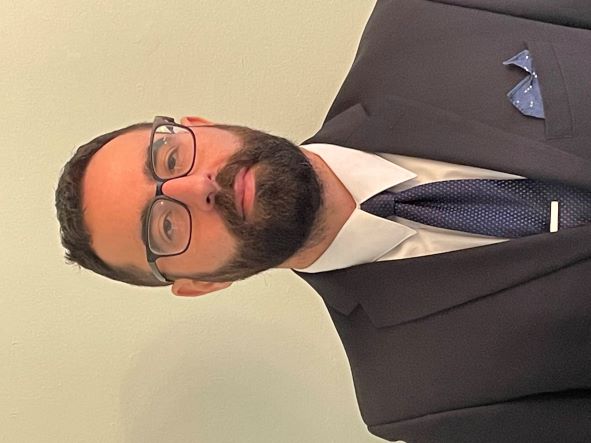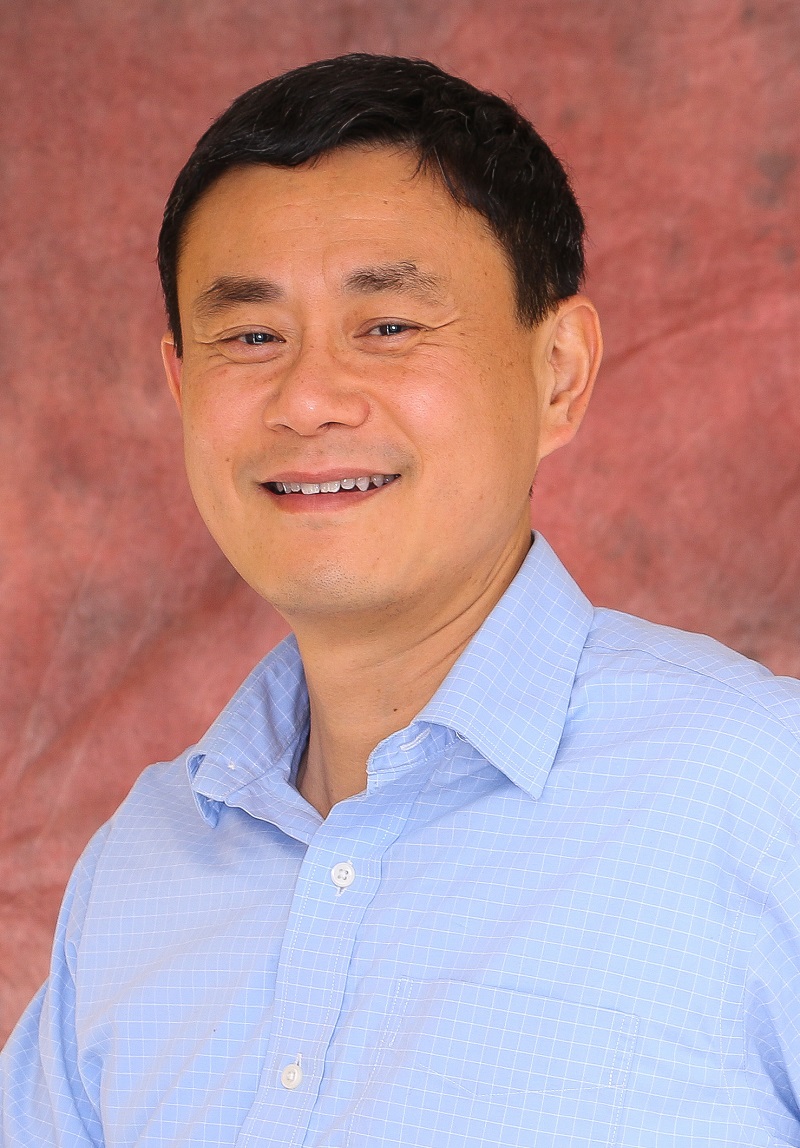Fellows
Current Fellows

Ariel Helfer, Associate Professor, Political Science
Title: Recovering Isocrates for Political Science: A New Perspective on Socratic Political Thought
Description: This book, containing new translations and interpretations of selected works by the ancient Greek political philosopher Isocrates, will reacquaint contemporary political theorists and other scholars in the humanities with a lost perspective on classical political philosophy. These selected works—Against the Sophists, Busiris, Encomium of Helen, and Antidosis—contain Isocrates’s philosophic assessment of and response to his contemporary Plato and his tribute to their mutual teacher Socrates. By indicating his points of agreement and disagreement with Plato, Isocrates offers guidance on the question of how political theorists should speak and write about politics in a politically efficacious way, which illuminates in turn the broader relevance of his writings to contemporary politics and the study of political theory.

Haiyong Liu, Professor, CMLLC Linguistics
Title: How do the Chinese Say Yes or No?
Description: By design, question and answer is a fundamental communication mode for language. There is an abundant literature on how questions are asked, but little can be found on how they are answered. I believe the latter is as rule-governed as the former. I will study, for example, what makes Chinese, Latin, Thai, and Welsh the so-called verb-echo languages, in that they do not have the plausibly pivotal equivalents of the English yes or no; instead, they use various forms of the verb to express conformation or negation (e.g. ‘Ate’ for yes and ‘Not ate’ for no in Chinese to answer Did you eat?). Do the verb systems of these languages share anything in common? Can they be further divided into sub-groups? Are the ways these languages form questions equally unique? I will also explore if and how AI, with the algorithms generated from big data, can capture the nuances in verb-echoing, when responses can be kaleidoscopic and systematic linguistic research in this area is still scarce. A preliminary dry run on ChatGPT does not seem to have yielded patterns resembling natural speech. This interdisciplinary project probes question answering from the perspectives of syntax, pragmatics, prompt engineering, and sociolinguistics. It will broaden the diversity of linguistic representation and deepen our conception of human cognition in general.